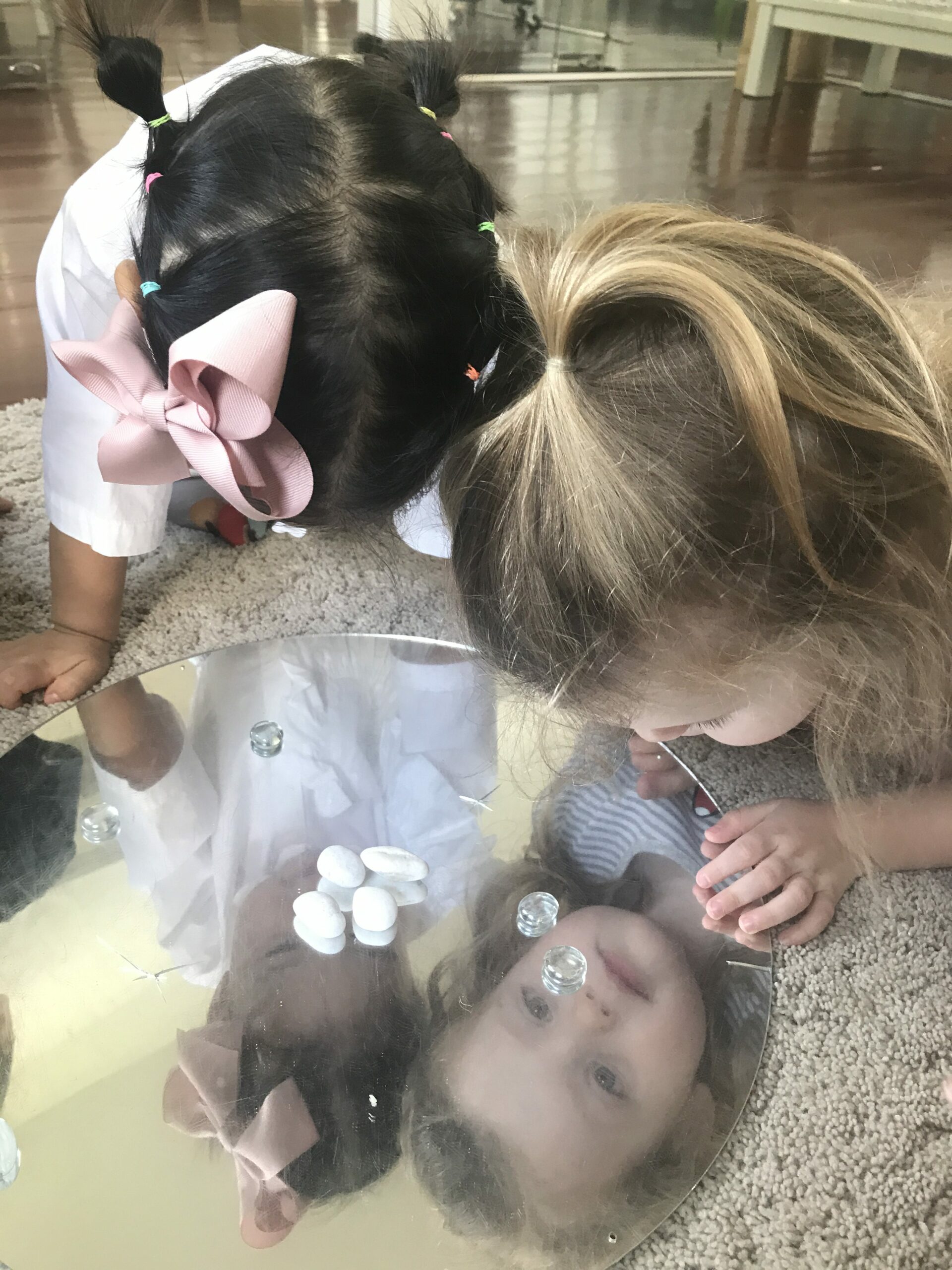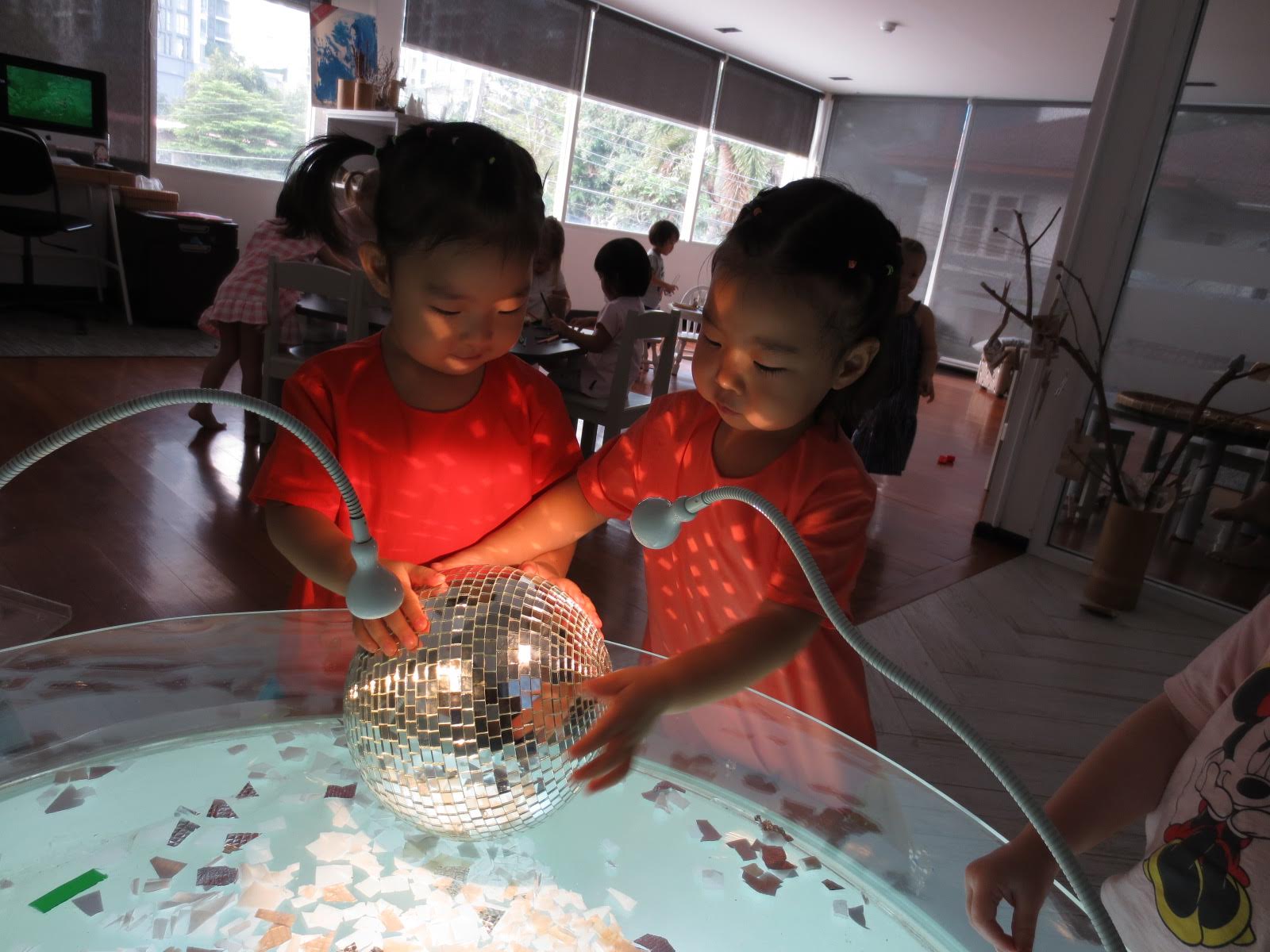programme preschool and kindergartens
where it all begins
early childhood education at its best
Children who are members of a nurturing, collaborative community of young inquirers develop a sense of belonging, and an understanding of their own identity, voice and feelings that leads to optimal development and learning. This, and the relationships they form with aesthetically pleasing settings, their teachers and families, becomes the foundation for life-long learning that embraces fair-mindedness, inclusion, and the cultural values and practices embedded in every environment they encounter.Each child brings to school unique life experiences that are respected for their diversity, and all are considered to be brimming with potential – potential that is supported by an approach to teaching that takes full advantage of the physical space to develop mental and physical abilities as well as the foundational knowledge required for later literacy and numeracy.
Purposeful play, one of the most effective ways young children learn, capitalises on the child’s natural curiosity, joy, and sense of wonder. Play here is child-centred, engaging, and enhances development in all the domains: physical, social, emotional, communicative and cognitive.
We need to give the children full rights of citizenship in life and in society. It’s necessary that we believe that the child is very intelligent, that the child is strong and beautiful and has very ambitious desires and requests. This is the image of the child that we need to hold.
– Loris Malaguzzi
“The play’s the thing.” – Hamlet
The study of play has a long history: philosophers, historians, biologists, psychologists and educators from Plato to Piaget have concluded that play is central to learning, allowing children to imitate adult behavior, practice motor skills, process emotions, and learn about their world. One thing play is not, is frivolous. Rather, both free play and guided play are essential for the development of social and academic skills, and research now confirms what Piaget knew all along, that:
“Play is the work of childhood.”
– Jean Piaget
To Sir Ken Robinson, three things come to mind when we talk about play: imagination, creativity and innovation. Imagination, he believes, is what fundamentally sets us apart from the rest of life on earth.
“We are embodied, we’re not just brains on a stick.”
– Sir Ken Robinson
On a practical level, free play and guided play help to foster sociability and confidence as well as the child’s ability to manage their own behaviour and emotions, practice their negotiating skills, learn how to take turns, make friends, and get along with others.
In addition to social learning, free play and guided play also support academic achievement, and research shows that children in pre-schools that take a playful approach test better in reading, language, writing and math than those in a more teacher-directed environment, and that a more engaging and interesting atmosphere fosters better learning well into elementary school.
We understand that high-quality social and academic development requires high-quality environments, from the calming peace of a quiet space to the positive energy of a play space, each creating and supporting the other and, most important, the children.
“Play gives children a chance to practice what they are learning.”
– Mr. Rogers

